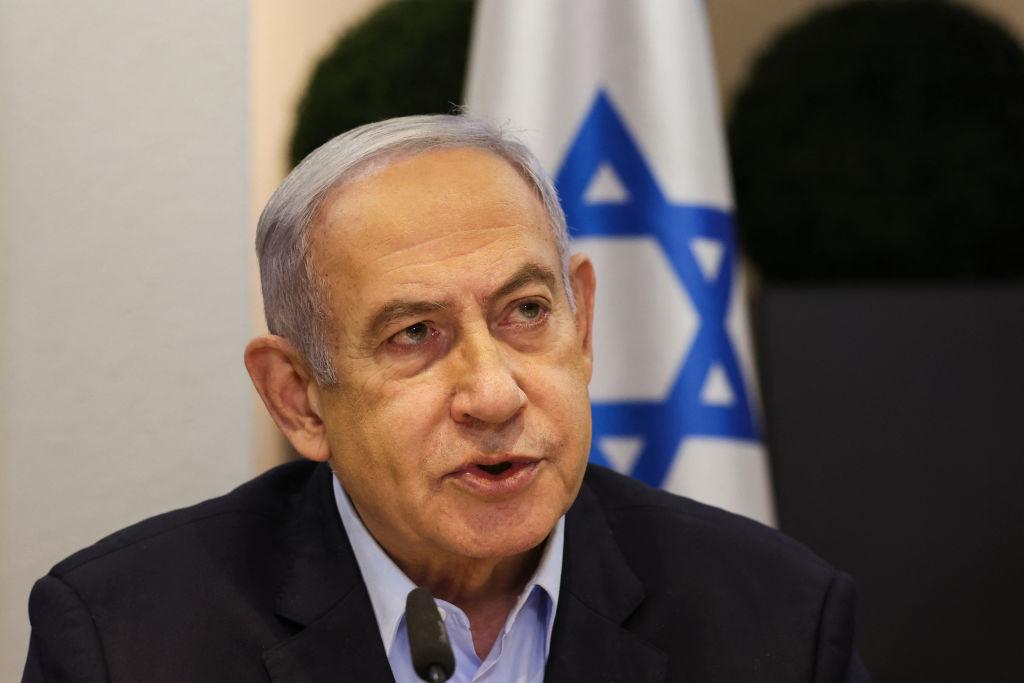
Israeli Prime Minister Benjamin Netanyahu is immune from arrest in foreign states under international law, because he’s a head of government. This important fact seems to have been overlooked in much of the commentary about the May 20 application to the International Criminal Court for a warrant for his arrest.
Netanyahu’s immunity will likely present a considerable obstacle to any national efforts to arrest and transfer him to the court in The Hague. In a previous case of this type, the court ruled that it could override such immunity—but, amid clashing legal principles, member states ignored the ruling. Also, that case had a feature that is absent in this one.
To appreciate why an ICC arrest warrant for Netanyahu is unlikely to lead an early arrest, and maybe not to any at all, it is necessary to understand those clashing points of the law.
First is that, although Israel is not a member of the ICC, in certain situations the court can still prosecute citizens of non-member states. For example, it can exercise its jurisdiction over crimes committed in and by citizens of a non-member state if the UN Security Council has referred the situation to the ICC. It can also prosecute nationals from non-members if they are alleged to have committed crimes on the territory of a member state. Palestine is an ICC member, so the ICC’s prosecutor, Karim Khan, who applied for the arrest warrant for Netanyahu, can indeed seek do so for Palestinian and Israeli nationals for crimes committed on Palestinian territory.
The second point is that heads of state, heads of government and foreign ministers enjoy absolute immunity from foreign domestic jurisdictions while they remain in office. This ‘head of state immunity’ is a long-standing rule of international law. So presidents, prime ministers and foreign ministers may travel to other countries without concern of being subject to criminal proceedings there.
Thirdly, immunities do not apply at the ICC. Its founding treaty, the Rome Statute, provides that a person who has head of state immunity may still be prosecuted by the court: nobody is above the law. States that sign up to the statute must agree to this.
The final point is that, by becoming a party to the Rome Statute, ICC member states have also agreed to cooperate with the court. So they must comply with requests for arrest and transfer of anyone wanted by the ICC. There is an exception: the statue says the ICC may not ask a member state to arrest a citizen of a non-member state if doing so would conflict with the state’s obligations under international law to respect that person’s immunity. This recognises that immunities still apply at the national level, unless the state has waived them. By signing up to the Rome Statute, ICC member states are considered to have waived any immunities.
How these four points interact in practice can be demonstrated by the earlier case, in which the ICC faced difficulty in trying to arrest Omar Al Bashir.
Al Bashir was the president of Sudan when the ICC issued an arrest warrant for him in 2009. Sudan is not a member of the ICC, but a referral by the UN Security Council authorised the ICC’s jurisdiction. For years after the warrant was issued, Al Bashir was still able to travel freely to numerous countries in Africa and the Middle East, many of them ICC members. Despite their obligations to cooperate with the ICC, they claimed that the court’s request to arrest Al Bashir conflicted with their legal obligation to respect his immunity as a foreign head of a non-member ICC state.
The ICC determined that arresting Al Bashir took precedence over any immunity, although its legal reasoning in support of this conclusion was widely criticised. The court’s pronouncements on this matter continued to be ignored, and Al Bashir remained unarrested.
The strongest legal argument for why ICC member states did not need to respect Al Bashir’s immunity is that the UN Security Council had implicitly waived it by referring Sudan to the court in the first place. Without Security Council involvement, it is much more difficult for the ICC to justify to member states that they do not need to respect the immunity of a foreign head of state from a country that is not a member of the ICC.
Which brings us to the present situation, in which there is no referral by the Security Council. If the ICC does nonetheless issue an arrest warrant for Netanyahu, it will expect any of its 124 member states to apprehend him and transfer him to The Hague if he travels abroad.
But as past practice suggests, the tension between the broad jurisdiction of the ICC and the absolute immunity of foreign leaders in domestic jurisdictions will continue to cause difficulties for the court and for those states that are requested to arrest him.
Israeli allies that are members of the ICC will be torn between the imperative of respecting Netanyahu’s immunity, and their obligation to the court. It is highly unlikely that Netanyahu will be arrested any time soon.
Incidentally, these complications also apply to executing the arrest warrant that the ICC issued in March 2023 for Vladimir Putin. He has immunity as a head of state, and Russia is not a member of the court.